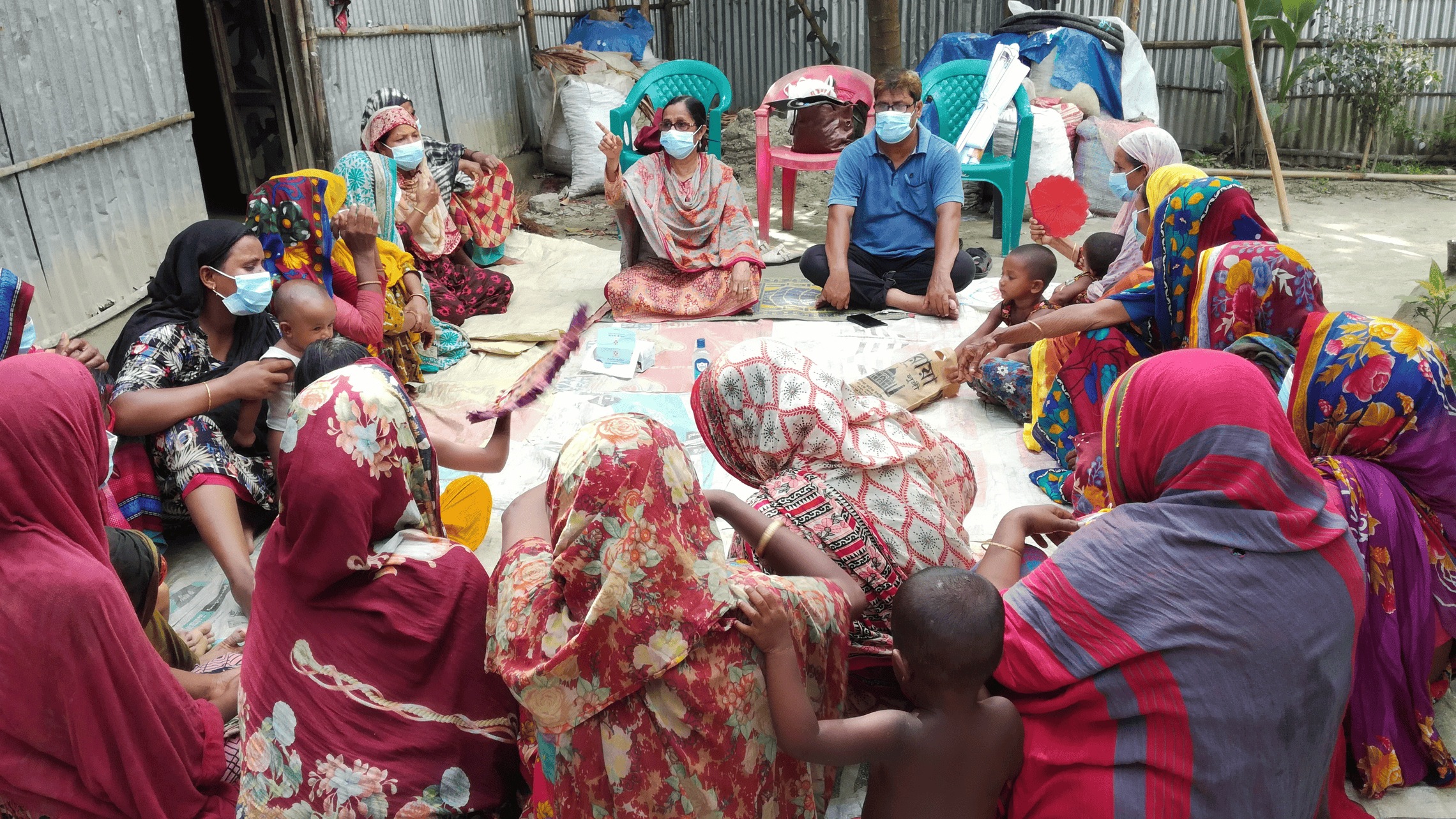
Community engagement with women
27/01/2026 01:57:32 pm
While participation of L/NAs in formal IASC coordination structures is important to ensure linkages with international actors, it is just as important to have peer-led spaces for collaboration with and between L/NAs, to ensure they learn from each other especially as these networks will be present in a country long after international actors depart. The ToGETHER program, running in numerous countries, creates opportunities to promote local humanitarian actors and advocate for their leadership role in community response. In Bangladesh, the Association for Alternative Development (AFAD), a women-led NGO, supports vulnerable communities, focusing on women and youth. The ToGETHER program has enabled AFAD to participate in coordination mechanisms and improve resources for small-scale humanitarian response, providing cash assistance, shelter, non-food items, protection and food security. AFAD, in turn, also supports the inclusion of local actors in UN and INGO coordination structures. Through the program, local actors are also becoming ambassadors of localization in their countries. In Colombia, humanitarian partners have established a collaborative workspace, culminating in the first ever Congress of Localized Humanitarian Action in Colombia in 2022, which also recently saw its second expanded edition for Latin America and the Caribbean. Today, the program partners participate in various coordination mechanisms at national level, carrying out discussion with donors, the national government and INGOs. In the Democratic Republic of Congo, ToGETHER partners collaborated with regional NGO leaders to create a single coordinating body for local and national NGOs, the National Council of Humanitarian and Development Forums in the DRC (CONAFOHD). In Indonesia, ToGETHER helped to initiate the localization forum LokaNusa, which conducts monthly discussions on a range of localization and Grand Bargain-related topics. Within five months of its establishment, over 50 civil society organizations joined LokaNusa. The forum has established strong partnerships with the National Disaster Management Agency, OCHA and the Disaster Risk Reduction Forum, promoting information sharing and local actor participation in humanitarian coordination.
